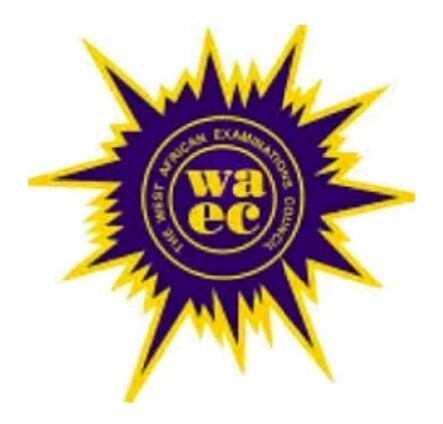If you’re preparing for the West African Examination Council (WAEC) Data Processing exam, studying the syllabus is essential.
It serves as a comprehensive guide, outlining the aims and objectives, as well as providing valuable notes and formats for the examination.
In this blog post, we will break down the syllabus, highlighting the key topics you need to focus on.
By utilizing the syllabus, you’ll equip yourself with the necessary tools for a productive exam preparation.
WAEC Data Processing Syllabus Overview:
The WAEC Data Processing syllabus is derived from the Senior Secondary School curriculum published by the NERDC (National Education Research and Development Council).
It aims to assess your fundamental knowledge and skills in data processing while encouraging the development of entrepreneurial skills relevant to everyday life.
It’s important to note that this syllabus is specifically designed for examination purposes and should be used alongside the national teaching syllabus for effective learning.
Objectives of the Syllabus:
The syllabus focuses on evaluating your proficiency in the following areas:
- Acquisition of basic skills in data processing and management.
- Competence in ICT applications that foster entrepreneurial skills in a global context.
- Application of ICT in facilitating business transactions and education.
- Preparedness for further studies in Data Processing and Management.
Examination Scheme:
The Data Processing examination consists of two papers: Paper 1 and Paper 2, which are taken as a composite paper in one sitting.
Paper 1:
- Format: Multiple-choice objective questions
- Number of questions: 40
- Time allotted: 1 hour
- Maximum marks: 40
Paper 2:
- Format: Divided into two sections, A and B
- Section A: Four essay questions, candidates need to answer any three
- Section B: Practical work test with two compulsory essay questions
- Time allotted: 1 hour for each section
- Maximum marks: Section A (30 marks) and Section B (40 marks)
WAEC Data Processing Syllabus Topics:
-
Information Age:
- History of Computers
- Data and Information
-
Basic Computing:
- Classification of Computers
- Application of ICT in everyday life
- Components of Computers
-
Information Processing:
- The art of Information processing
-
Information Transmission:
- Process of Information transmission
- Medium of Information Transmission
- Networking
- Internet
-
Tools for Processing Information:
- Operating System
- Word Processing
- Spreadsheet
- Database Management System
- Presentation Package
- Web Design Packages
- Graphic Packages
-
Computer Maintenance, Ethics, and Human Issues:
- Maintenance of Computer
- Computer Ethics
- Safety Measures
- Career opportunities in Data Processing
- Computer Virus
-
Data Management:
- Relational Model
- File Organization
- Database Security
- Parallel and Distributed databases
Equipment and Materials Required:
For effective teaching and learning, the following equipment and materials are recommended for a class of fifty candidates:
- Pictures/Charts showing different computing devices and relevant information
- Computer system with Graphical User Interface (GUI) and internet connectivity
- Standard software packages such as Open Office or Microsoft Office
- Multimedia systems and applications like projectors and speakers
- Graphic packages such as Corel draw
Conclusion
To excel in the WAEC Data Processing exam, it is crucial to study the syllabus thoroughly.
It provides a roadmap for your exam preparation, covering all the necessary topics and concepts you need to master.
Remember to use the syllabus alongside the national teaching syllabus to enhance your understanding.
By dedicating time and effort to studying the syllabus and utilizing the recommended materials and equipment, you’ll be well-prepared to tackle the exam and achieve success in data processing.






